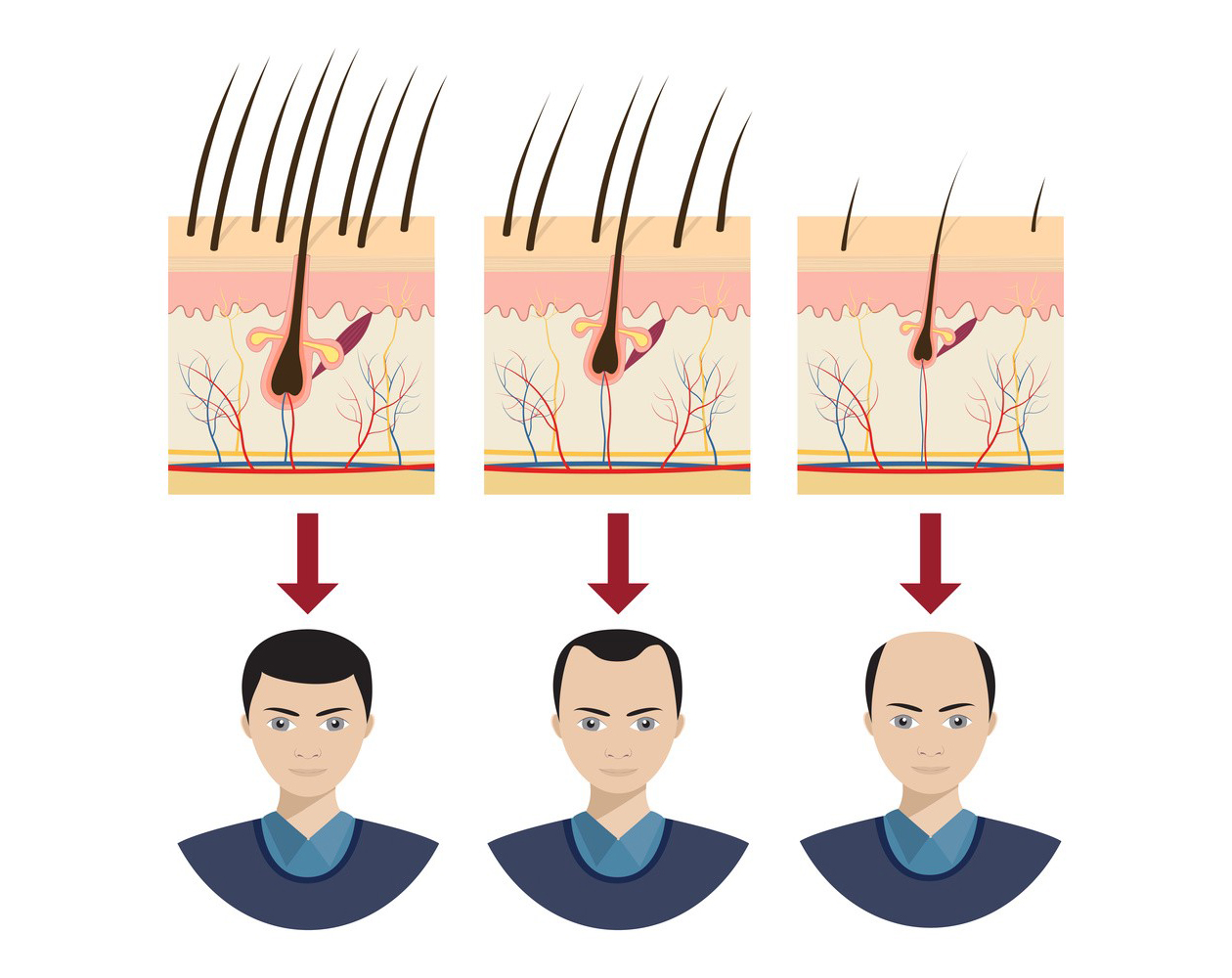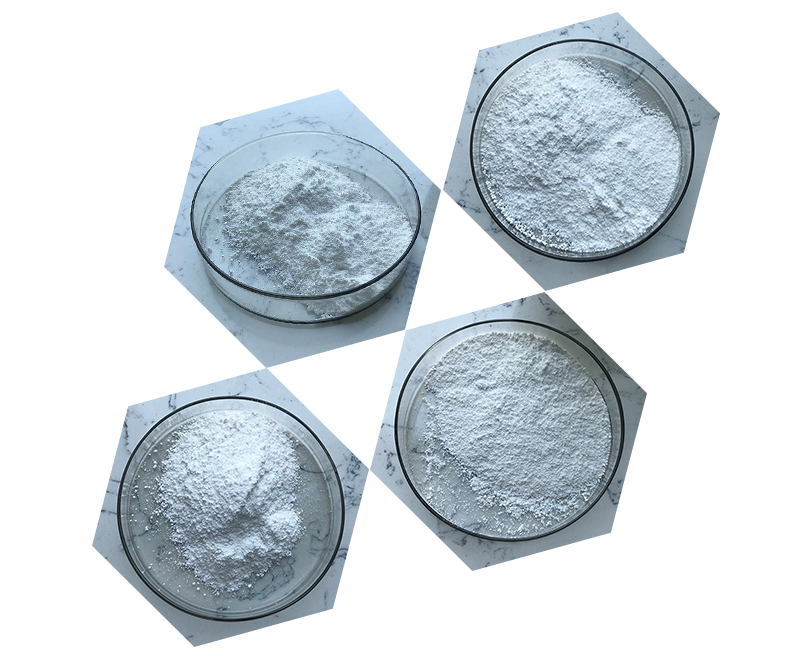Dutasteride is a medication primarily used to treat benign prostatic hyperplasia (BPH), a condition in which the prostate gland enlarges and causes urinary symptoms in men. It is also sometimes used off-label for the treatment of male pattern baldness (androgenetic alopecia).
Dutasteride belongs to a class of medications known as 5-alpha-reductase inhibitors. It works by inhibiting the action of the enzyme 5-alpha-reductase, which converts testosterone into dihydrotestosterone (DHT). DHT is a hormone that contributes to the enlargement of the prostate gland and is also implicated in male pattern baldness.
The efficacy of dutasteride has been studied extensively in clinical trials. In the context of treating BPH, dutasteride has been shown to effectively reduce prostate size and improve urinary symptoms in men with enlarged prostates. It can help relieve symptoms like frequent urination, difficulty starting and stopping urination, weak urine flow, and the feeling of incomplete bladder emptying.

When it comes to its use for male pattern baldness, dutasteride has also demonstrated some effectiveness. Studies have shown that it can lead to hair regrowth and slow down the progression of hair loss in men with androgenetic alopecia. However, it’s important to note that dutasteride is not approved by regulatory agencies like the FDA for this specific use, unlike its counterpart finasteride, which is approved for treating male pattern baldness.
It’s worth mentioning that while dutasteride can be effective, it also comes with potential side effects and risks. These can include decreased libido, erectile dysfunction, breast tenderness or enlargement, and in some cases, mood changes. Dutasteride may also affect certain blood tests used to detect prostate cancer.
As with any medication, the decision to use dutasteride should be made in consultation with a qualified healthcare professional who can weigh the potential benefits against the risks and consider individual medical history and preferences.
Efficacy evaluation of Dutasteride
Dutasteride is a medication primarily used to treat benign prostatic hyperplasia (BPH) and androgenetic alopecia (male pattern baldness). It belongs to a class of drugs known as 5-alpha-reductase inhibitors, which work by blocking the conversion of testosterone to dihydrotestosterone (DHT), a hormone that plays a role in the growth of the prostate gland and hair loss in men.
The efficacy of dutasteride has been evaluated through clinical trials and studies in both BPH and androgenetic alopecia treatment contexts. Here’s an overview of its efficacy for each condition:
- Benign Prostatic Hyperplasia (BPH):
Dutasteride has been shown to effectively reduce the size of an enlarged prostate gland in men with BPH. Clinical trials have demonstrated that it can improve urinary symptoms, increase urinary flow rate, and reduce the risk of acute urinary retention and the need for surgical intervention. The improvement in symptoms usually becomes noticeable after a few months of treatment.
- Androgenetic Alopecia (Male Pattern Baldness):
Dutasteride has also been investigated for its potential in treating male pattern baldness. Research suggests that by inhibiting the production of DHT, dutasteride can slow down hair loss and, in some cases, promote hair regrowth. However, the use of dutasteride for hair loss is still considered off-label, and its use for this purpose is not as extensively studied as its use for BPH.

It’s important to note that dutasteride is generally more potent than another 5-alpha-reductase inhibitor, finasteride, which is also used to treat BPH and male pattern baldness. However, because of its potency, dutasteride may also carry a higher risk of side effects.
As with any medication, the efficacy of dutasteride can vary from person to person. Factors such as the severity of the condition being treated, the individual’s overall health, and their genetic predisposition can influence the response to the medication. Before starting any treatment, it’s recommended to consult a healthcare professional who can assess your specific situation and provide personalized guidance. Additionally, if you’re considering using dutasteride for off-label purposes, such as hair loss, it’s important to discuss the potential benefits and risks with your doctor.
